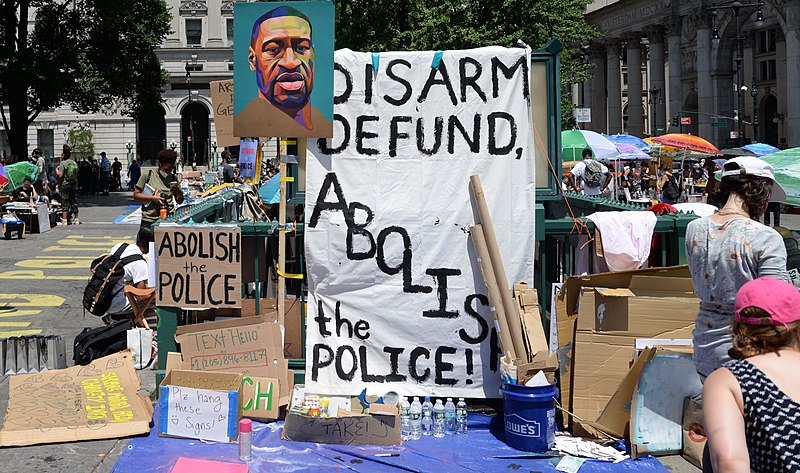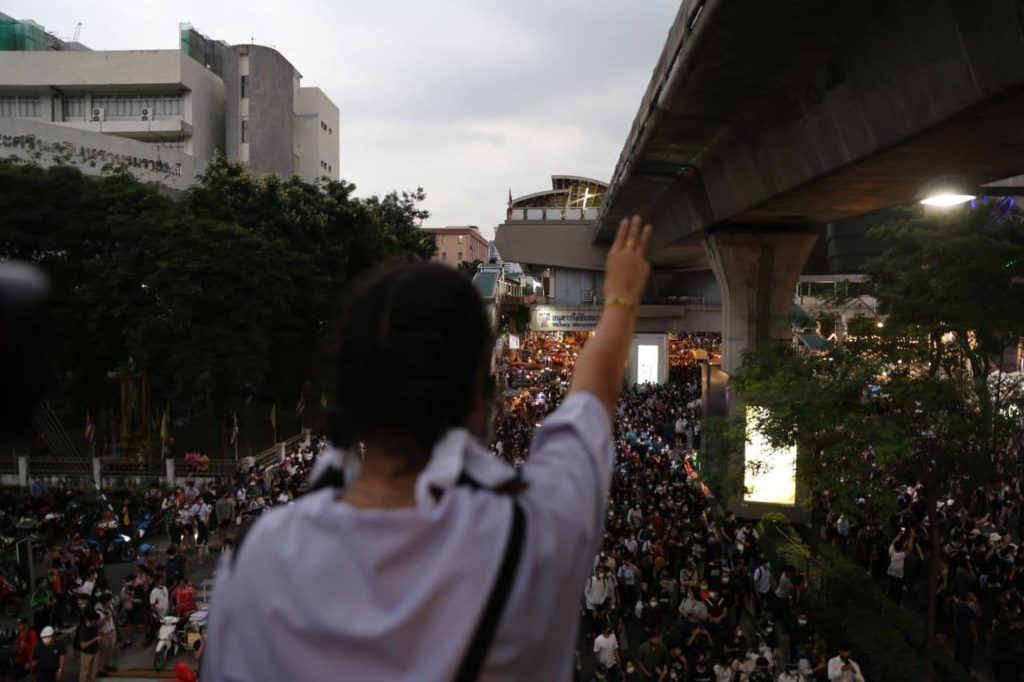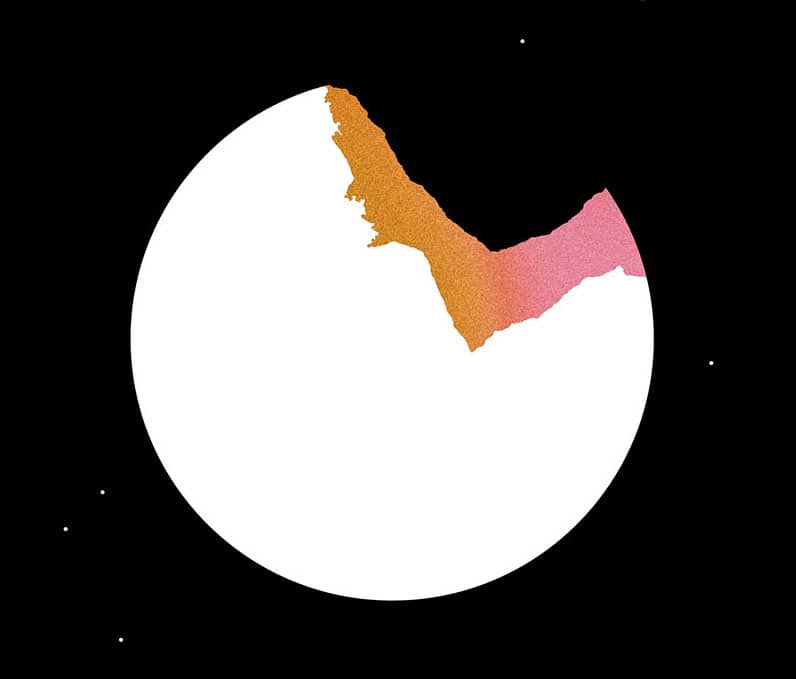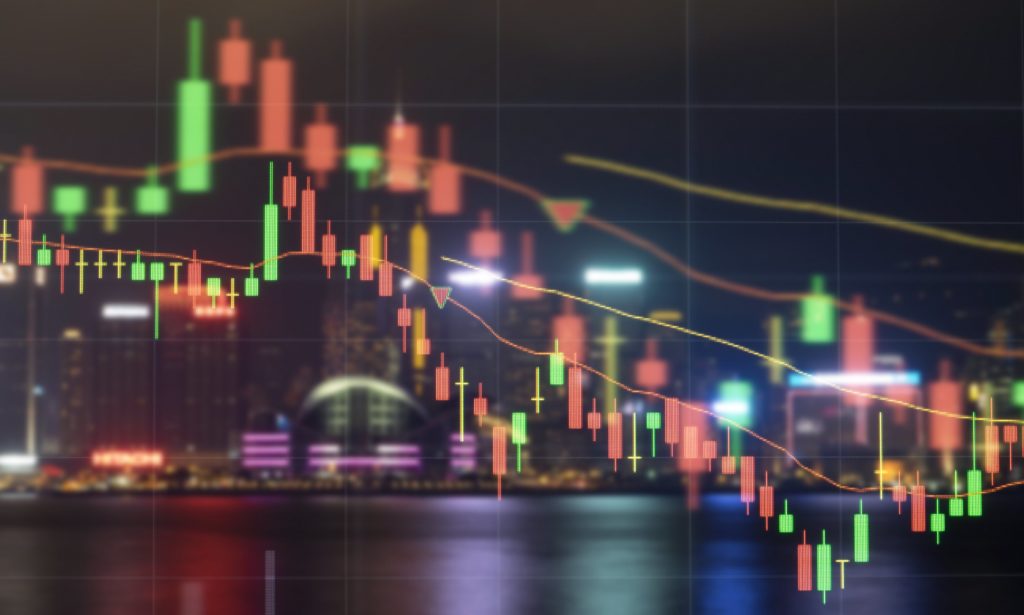Tag: Marxist Theory

What’s in a Slogan?
Why are self-styled socialists going after the slogan “defund the police”? Rawan Abdelbaki challenges them frontally.

Down with Feudalism, Long Live the People!
Thiti Jamkajornkeiat adapts Jit Phumisak’s Marxist theory of the feudal state for use in the ongoing anti-royalist protests in Thailand.

Extracting the Andes
Martín Arboleda’s exceptionally ambitious Planetary Mine, attempts to connect the abstract unfolding of a process of global capital accumulation linking Chile and China across the world market, together with the concrete, sensuous, quotidian realities of labor, territory, and urban life on either end of that abstract flow.

Abolitionist Socialism
Peter Bloom charts a path toward an abolitionist Marxism rooted in what he calls a “commons sense” for the current moment.

Why China Isn’t Capitalist (Despite the Pink Ferraris)
Richard Smith argues, contra Eli Friedman, that China is not capitalist by a long shot.

Global Fever
Gareth Dale reviews Andreas Malm’s forthcoming book on responses to the coronavirus and climate change. “Malm describes his project as Leninist—but which of the umpteen Lenins is his?”

Why China Is Capitalist
As of the late 1970s, China has become a fully fledged capitalist nation-state, complete with its own settler colonial projects and characterized by the law of value and the commodity-form.

Notes Toward a More Global History of Capitalism
Andrew Liu explains his new book on the development of capitalism in India and China in relation to his reading of Marx’s Capital. It is the concept of value, he argues, that allows us to fully realize what is novel about capitalist production.

Life vs. Capital
How does the pandemic force us to rethink the relations among capital, state power, and human life?

Salt in the Wound
What sorts of crises are emerging from Covid-19, and how should we understand them in relation to prior crises?
